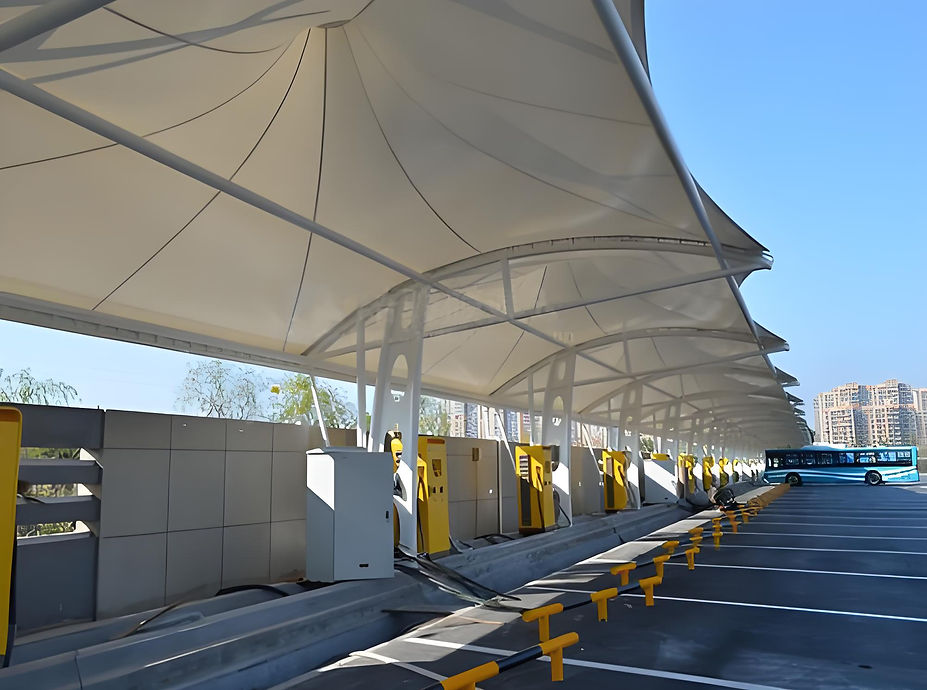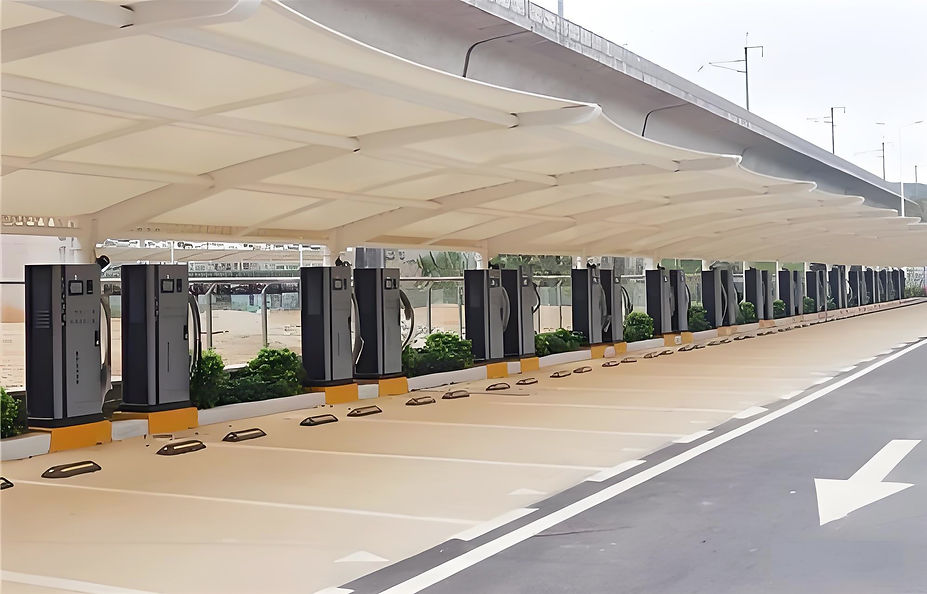
Customized EV Chargers
A Comprehensive Guide to Customize EV Chargers
Nowadays EVs are quickly becoming an important vehicle option, and as demand grows, the need for customized EV chargers has increased. Whether you are a business man looking for branded chargers for customers or an individual seeking a tailored solution for your home, customizing EV chargers involves several steps and considerations. This guide outlines the process in detail.
Note: Applicable EV Brands: BYD, Tesla, Mercedes Benz, BMW, Volkswagen, Volvo, Ford, Nissan, Toyota, Honda, Hyundai & Kia, Geely, Wuling, MG, NIO, XPeng, Xiaomi, Zeekr, AITO, Leapmotor, etc.
What Is EV Charger Customization?
Customizing an EV charger means the design, functionality, and features of the EV chargers shall meet the requirements of users. Customization can enhance the user experience, especially the unique functionalities meet the demands. The key items for customization include:
-
Hardware Design
-
Software Features
-
Power Capacity
-
Connectivity Options
-
Branding and Aesthetics

1. What Are Your Needs?
Before starting the customization process, please define your goals and requirements. We need to know the following questions:
-
Who will use the charger? Is it for personal use, a commercial establishment, or public charging stations?
-
What is the use location? Indoors, outdoors, residential garages, or commercial parking lots?
-
What is your budget? The cost of customizing EV chargers varies widely depending on the features, design complexity, and scale of the project. We recommend that you plan the size of the charging station reasonably according to your budget.
-
What is the serviced vehicle type? Sedan, SUV, truck, bus, heavy trucks or engineering vehicles? Different vehicles decide the types and size of charger piles and stations.
-
What features do you need? Fast charging, remote monitoring, multiple ports, etc.
Clearly identifying your needs helps in narrowing down the choices and avoiding unnecessary costs.

2. Customizing Hardware Design
Charging Speed and Power Output
One of the most critical hardware features is the charging speed. EV chargers come in three levels:
-
Level 1 (120V): Suitable for slow, overnight charging.
-
Level 2 (240V): Ideal for faster residential or commercial use.
-
Level 3/DC Fast Chargers: Designed for rapid charging at public stations.
Depending on your needs, you can customize the charger’s power output to deliver the required speed.
Connector Types
EVs use different connector standards, such as:
-
Type 1 (SAE J1772)
-
Type 2 (Mennekes)
-
CCS or CHAdeMO for fast charging
Customizing the charger with the appropriate connector ensures compatibility with your EV or the vehicles your customers use. We also provide adapter connections.
Enclosure Design
The charger’s physical casing can be tailored for durability, size, and aesthetic appeal.
-
Materials: Options include plastic, metal, or weatherproof materials for outdoor use.
-
Size and Shape: Compact designs for limited spaces or larger units for multifunctional setups.
-
Mounting Options: Wall-mounted, pedestal, or portable chargers.

3. Adding Software Features
Smart Features
Modern EV chargers can be equipped with smart technologies, including:
-
Wi-Fi and Bluetooth Connectivity: Enables remote control and monitoring through a mobile app.
-
Energy Monitoring: Tracks energy usage to optimize charging and reduce costs.
-
Scheduling: Allows users to schedule charging during off-peak hours to save money.
-
Integration with Renewable Energy
For eco-conscious users, integrating the charger with renewable energy sources like solar panels can be an excellent customization option. Some chargers can prioritize using solar energy for charging.
User Authentication and Payment Options
For public or commercial chargers, consider features such as:
-
RFID or mobile app-based user authentication.
-
Built-in payment systems, including credit card readers - POS system or QR code scanning for digital wallets.
4. Adjusting Power and Safety Features
Load Management
If you plan to install multiple chargers at one location, load management features can distribute power efficiently among the chargers to avoid overloading the electrical system.
Safety Enhancements
Custom safety features like surge protection, overcurrent detection, and automatic shutoff can provide peace of mind, especially in commercial setups.
5. Incorporating Connectivity Options
Connectivity is essential for a seamless charging experience. Consider the following options:
-
IoT (Internet of Things) Integration: Provides real-time data on charger status and performance.
-
Cloud-Based Platforms: Allows for updates, diagnostics, and monitoring from anywhere.
-
Vehicle-to-Grid (V2G) Technology: Enables the EV to send excess energy back to the grid, making the charger more versatile.

6. Branding and Aesthetic Customization
For businesses, branding an EV charger is an excellent marketing opportunity. Consider:
-
Custom Colors: Match the charger to your brand’s color scheme.
-
Logos and Graphics: Add logos, patterns, or other design elements.
-
Lighting Effects: LED lighting can enhance visibility and aesthetics, especially in public or commercial spaces.
7. Ready to Make Your Customized EV Chargers
Once you have a clear idea of your requirements, contacting us for customization service. We can offer:
-
Custom design and prototyping.
-
Robust customer support and warranties.
Request a detailed proposal, including timelines and costs, before proceeding.

8. Testing and Certification
Before deployment, we ensure your customized EV charger is rigorously tested and certified. Testing covers:
-
Electrical safety and performance.
-
Environmental resilience (e.g., weatherproofing for outdoor chargers).
-
Compliance with local regulations and standards.
9. Installation and Maintenance
Proper installation ensures the charger’s performance and longevity. We also provide installation and test service. We will set up a maintenance schedule to keep the charger in optimal condition.

10. Considering Future Scalability
When customizing an EV charger, think about future needs. For example:
-
Installing a charger with dual ports to accommodate more EVs.
-
Adding modular components that can be upgraded as technology evolves.


CONTACT
Contact Us
Office Address
NO. 96, Chang'an Street, Airport Economy Zone, Zhengzhou, Henan, China.
Email: info@sanopower.com
Mob: +86-1859-5505-568
WhatsApp: +86-1859-5505-568









